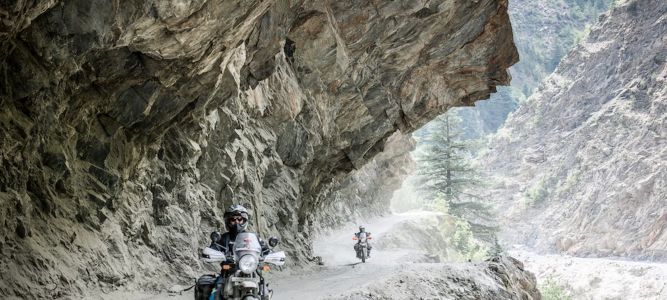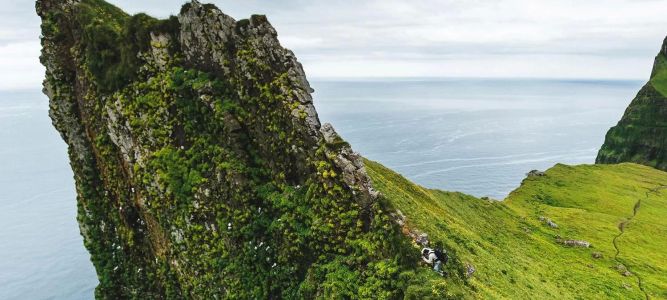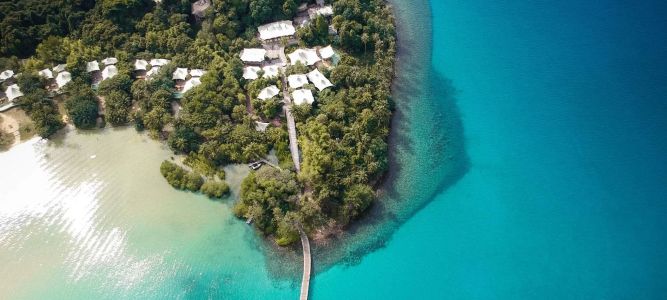Hiking the Torres del Paine Circuit, Chile: Complete Guide for Adventurers
- 1. Why Hike the Torres del Paine Circuit
- 2. What to Expect When Hiking the Torres del Paine Circuit
- 3. Best Time to Hike the Torres del Paine Circuit
- 4. How to Prepare for the Torres del Paine Circuit Hike
- 5. Highlights of the Torres del Paine Circuit
- 6. Planning Your Trek to Torres del Paine
1. Why Hike the Torres del Paine Circuit
The Torres del Paine Circuit, located in southern Chile’s Patagonia region, is widely regarded as one of the most breathtaking treks in the world. Known for its stunning scenery and rugged landscapes, this trail offers hikers an unforgettable experience. From towering granite peaks to turquoise lakes and dense forests, every step on the trail immerses you in the natural beauty of Patagonia.
What makes this trek so unique is the combination of challenges and rewards. The Torres del Paine Circuit is a challenging multi-day hike, with diverse terrains that range from rocky paths to lush valleys, allowing hikers to truly experience the variety of Patagonian landscapes. Whether you’re an experienced hiker or an adventurer looking for a new challenge, the Torres del Paine Circuit will not disappoint.
2. What to Expect When Hiking the Torres del Paine Circuit
Hiking the Torres del Paine Circuit offers a perfect blend of adventure and nature. The trail is approximately 75 kilometers long and typically takes 8 to 10 days to complete, depending on your pace and the weather. The hike is physically demanding, requiring a good level of fitness and preparation. As you trek through the rugged terrain, you'll encounter various challenges, including high winds, steep ascents, and unpredictable weather.
Along the way, you’ll be treated to some of Patagonia's most stunning landscapes. From glaciers and jagged peaks to sweeping valleys and crystal-clear lakes, every moment spent on the trail feels like a postcard come to life. The iconic Torres del Paine towers, after which the park is named, provide a dramatic backdrop throughout your journey.
3. Best Time to Hike the Torres del Paine Circuit
The best time to hike the Torres del Paine Circuit is during the Southern Hemisphere’s summer months, which span from October to April. During this period, you’ll experience longer days and more favorable weather conditions for hiking. While the summer months offer the most consistent weather, Patagonia is known for its unpredictable climate, so it’s essential to be prepared for rain, snow, and strong winds at any time.
If you’re looking to avoid the crowds, consider hiking during the shoulder seasons in October or April. These months offer a quieter experience while still providing good weather for the hike. However, be aware that some services, such as lodging and transportation, may be limited during these times.
4. How to Prepare for the Torres del Paine Circuit Hike
Preparing for the Torres del Paine Circuit hike requires both physical training and careful packing. The trail is challenging, with long days of trekking and variable terrain, so it’s essential to be in good physical condition. Regular cardio, strength training, and hiking on varied terrain will help you build the stamina and strength you need for the trek.
For the hike, pack light but make sure to include all the essentials. A good quality backpack, sturdy hiking boots, warm layers, waterproof clothing, and a reliable tent or reservation at refugios are must-haves. Don’t forget sunscreen, a hat, a first-aid kit, and enough food and water for the journey. You can also hire guides or take organized trekking tours if you prefer a guided experience.
5. Highlights of the Torres del Paine Circuit
The Torres del Paine Circuit is filled with incredible highlights that will make your trek unforgettable. Some of the top highlights include:
- Torres del Paine Towers: The iconic granite spires at the end of the trail are a must-see, offering a perfect spot for stunning photographs.
- Los Cuernos: These jagged mountain peaks are a standout feature of the trek and offer panoramic views of the surrounding landscape.
- Grey Glacier: A massive glacier that provides awe-inspiring views and a chance to witness the natural power of Patagonia.
- Lake Nordenskjöld: This beautiful turquoise lake offers a serene atmosphere, perfect for reflection and relaxation during your hike.
6. Planning Your Trek to Torres del Paine
When planning your trek to Torres del Paine, there are a few things to keep in mind. First, you’ll need to decide whether to camp or stay in refugios (mountain lodges) along the trail. While camping is a more budget-friendly option, refugios provide a more comfortable stay with hot meals and cozy accommodations. Either way, booking accommodations in advance is essential, especially during the peak season.
Additionally, transportation to Torres del Paine is an important factor to consider. The park is located about 5-6 hours from Puerto Natales, the nearest town, and you can reach it by bus, shuttle, or private transport. Make sure to plan your travel logistics accordingly, and consider taking a guided tour for a seamless experience.
If you want expert help in planning your Torres del Paine trek, visit Travelers Odessa for tips, resources, and booking assistance for your adventure.
The Torres del Paine Circuit is a once-in-a-lifetime experience for outdoor enthusiasts and adventure lovers. From the towering peaks to the stunning glaciers, this trek offers an unparalleled opportunity to explore the natural wonders of Patagonia. Ready to start your adventure? Click here to plan your Torres del Paine trek and book your ideal trip!





